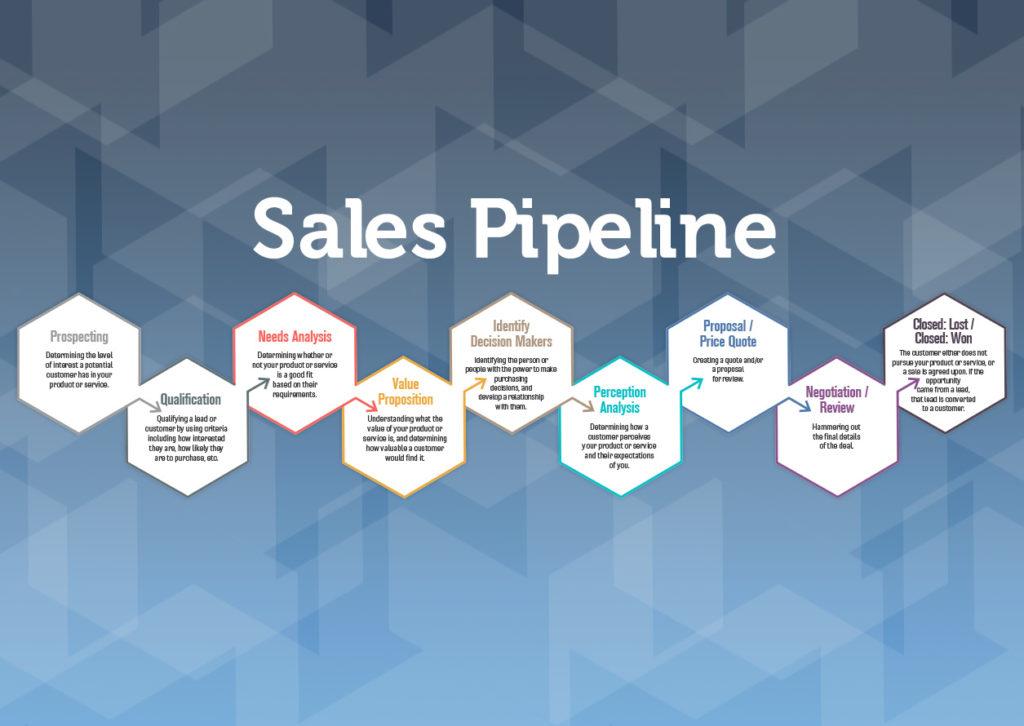In the digital age, where data flows as freely as currency, businesses find themselves at a crossroads between innovation and regulation. As the world becomes increasingly interconnected, the importance of safeguarding personal information has never been more critical. Enter the realm of global data privacy laws—a complex web of regulations designed to protect individuals’ rights and ensure that personal data is handled with the utmost care. Yet, for many businesses, compliance with these laws is often viewed as a burdensome obligation rather than a strategic imperative. In this article, we will unravel the compelling reasons why prioritizing compliance with global data privacy laws is not only a legal necessity but a cornerstone of sustainable business success. From fostering trust and enhancing brand reputation to mitigating risks and unlocking new market opportunities, we will explore how embracing these regulations can serve as a catalyst for growth and innovation in today’s data-driven world.
Navigating the Complex Landscape of Global Data Privacy Regulations
In an era where data is often referred to as the new oil, businesses are increasingly finding themselves at the crossroads of innovation and regulation. The intricate web of global data privacy laws, from the European Union’s GDPR to California’s CCPA, demands a robust and proactive approach to compliance. Ignoring these regulations not only exposes companies to hefty fines but also risks damaging their reputation in the eyes of consumers who are more privacy-conscious than ever.
- Understanding Local Nuances: Each jurisdiction has its own set of rules and definitions, making it crucial for businesses to understand the specific requirements of the regions they operate in.
- Implementing Robust Data Management Systems: Companies must invest in advanced data management systems that ensure data is collected, stored, and processed in compliance with relevant laws.
- Training and Awareness: Employees at all levels should be educated about data privacy practices to foster a culture of compliance within the organization.
By prioritizing compliance, businesses not only safeguard themselves against legal repercussions but also build trust with their customers, paving the way for sustainable growth in a data-driven world.

Building Trust and Reputation Through Robust Compliance Strategies
In today’s digital age, businesses are navigating an intricate web of global data privacy laws, each with its own set of requirements and expectations. Establishing a solid compliance strategy is not just about avoiding penalties; it’s about building a reputation of trust and reliability. Trust is the currency of the digital world, and companies that demonstrate a commitment to safeguarding personal data are more likely to win the confidence of their customers and partners.
To effectively build this trust, businesses should focus on implementing robust compliance strategies that encompass:
- Transparency: Clearly communicate data handling practices and policies to stakeholders.
- Accountability: Establish clear roles and responsibilities for data protection within the organization.
- Continuous Monitoring: Regularly assess and update compliance measures to align with evolving laws and technologies.
- Employee Training: Educate staff on the importance of data privacy and their role in maintaining compliance.
By prioritizing these elements, businesses not only adhere to legal obligations but also cultivate a brand image that is synonymous with integrity and respect for individual privacy.
Leveraging Compliance as a Competitive Advantage in the Digital Age
In today’s digital landscape, businesses are increasingly recognizing the strategic value of adhering to global data privacy laws. Compliance is no longer just a regulatory requirement; it has evolved into a formidable competitive advantage. By prioritizing compliance, companies can foster trust and loyalty among consumers who are becoming more conscious of how their data is handled. This trust is invaluable, as it can lead to increased customer retention and brand loyalty.
Moreover, being compliant with international data privacy standards such as GDPR, CCPA, and others, can open up new market opportunities. Companies that demonstrate a commitment to protecting consumer data can differentiate themselves from competitors who may overlook these crucial regulations. Key benefits of leveraging compliance include:
- Enhanced Reputation: Businesses that prioritize data privacy are seen as more trustworthy and ethical.
- Risk Mitigation: Reducing the risk of legal penalties and data breaches by adhering to established standards.
- Customer Confidence: Building a strong foundation of customer trust by ensuring their data is secure.
- Market Expansion: Accessing new markets by meeting international compliance requirements.
In the digital age, where data is a pivotal asset, leveraging compliance not only safeguards a business but also positions it for sustainable growth and success.
Implementing Effective Data Privacy Measures: A Roadmap for Businesses
In today’s digital landscape, businesses must navigate a complex web of global data privacy laws to protect consumer information and maintain trust. Compliance is not just a legal obligation but a strategic advantage that can differentiate a company in a competitive market. Implementing effective data privacy measures involves a comprehensive understanding of various regulations such as the GDPR, CCPA, and others, each with its own set of requirements. Businesses should prioritize creating a robust data protection framework that includes:
- Data Mapping: Identify and categorize the types of data collected, processed, and stored.
- Risk Assessment: Conduct regular audits to assess vulnerabilities and implement necessary safeguards.
- Employee Training: Educate staff on data privacy principles and best practices to ensure compliance.
- Consumer Transparency: Clearly communicate data collection practices and obtain explicit consent from users.
By embedding these practices into their operations, businesses not only mitigate the risk of hefty fines and reputational damage but also foster a culture of trust and accountability. This proactive approach to data privacy can lead to enhanced customer loyalty and a stronger brand reputation in the long run.





